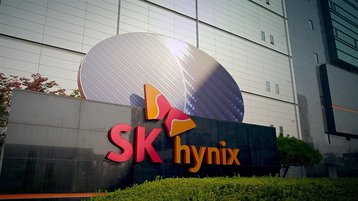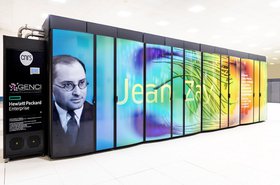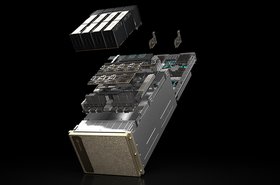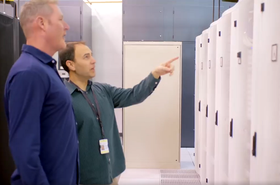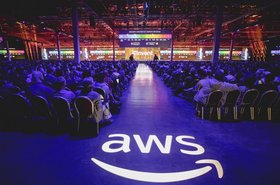SK Hynix has confirmed earlier reports that it will build an advanced chip packaging facility in West Lafayette, Indiana.
The South Korean chip manufacturer said on April 3 that it plans to invest $3.87 billion in the plant which will produce next-generation high bandwidth memory (HBM), the highest-performing Dynamic Random Access Memory (DRAM) chips that can be used in GPUs to train AI models.
Mass production at the plant is expected in the second half of 2028.
The site will also function as an R&D facility for AI products and the company plans to collaborate with Purdue University and Ivy Tech Community College to develop training programs and a new curriculum to help cultivate a talent pipeline in the region.
A project in conjunction with Purdue’s Birck Nanotechnology Center to develop memory-centric solutions and system-level memory design and in/near-memory computing for generative AI solutions is also planned.
Opened in 2005, the Birck Nanotechnology Center is Purdue University’s dedicated advanced research and development facility, which focuses on semiconductors and other nanotechnologies.
“We are excited to become the first in the industry to build a state-of-the-art advanced packaging facility for AI products in the United States that will help strengthen supply-chain resilience and develop a local semiconductor ecosystem,” said SK Hynix CEO, Kwak Noh-Jung. “With this new facility, we hope to advance our goal of providing AI memory chips with unmatched capabilities, serving the needs of our customers.”
In addition to the new Indiana fab, SK Hynix also has plans to invest in South Korea. In January 2024 it was revealed that the company had pledged 122 trillion won ($91bn) to build a memory production facility Suwon, in the country’s Gyeonggi Province.
The investment forms part of a proposed development by the South Korean government to build the world’s largest semiconductor mega cluster in the province.
However, the total financial package that the government announced was criticized for not being ambitious enough, with some noting that the investment announcement only amounts to $20bn a year, which is less than the government has spent over the last three years.

